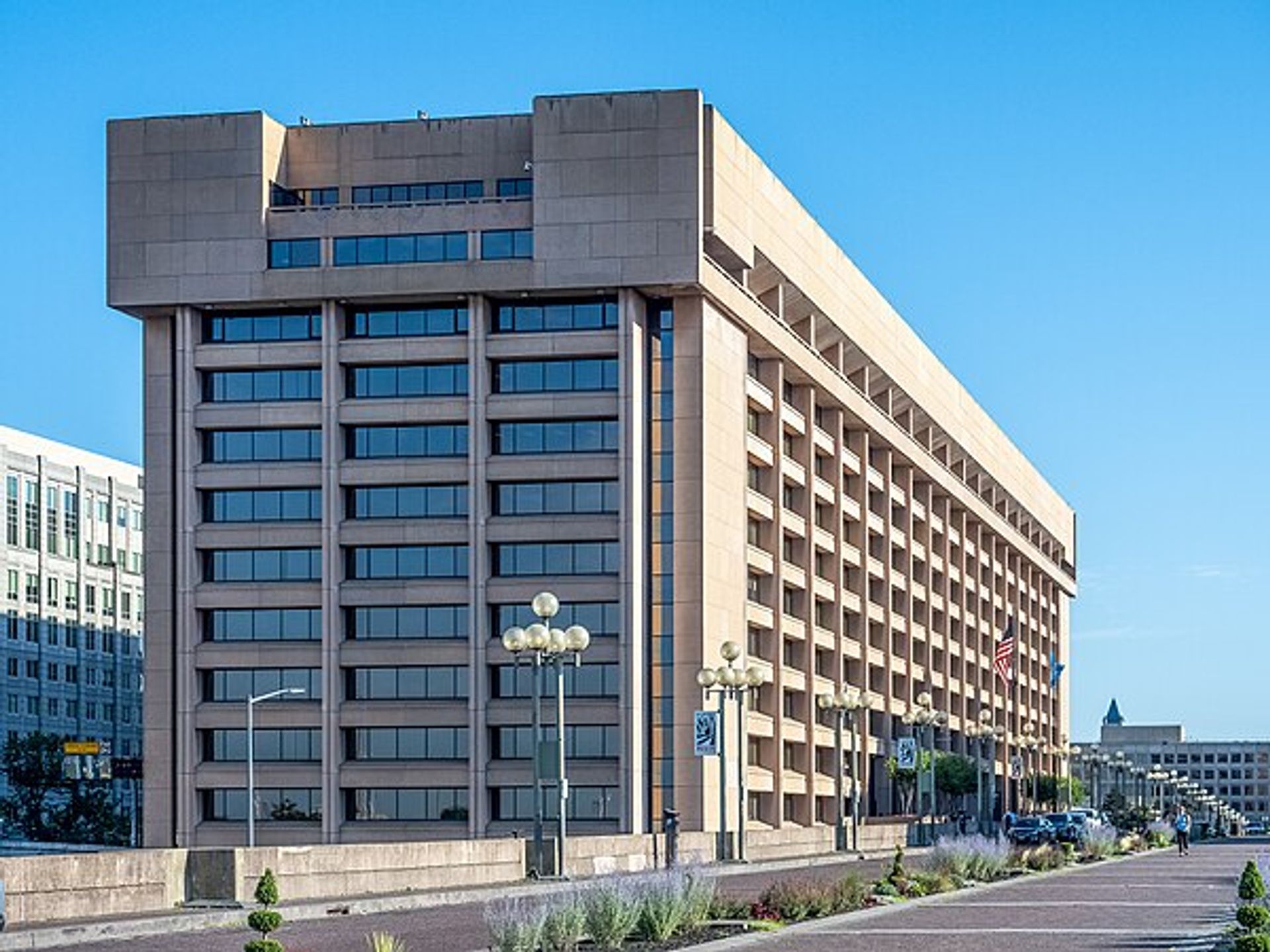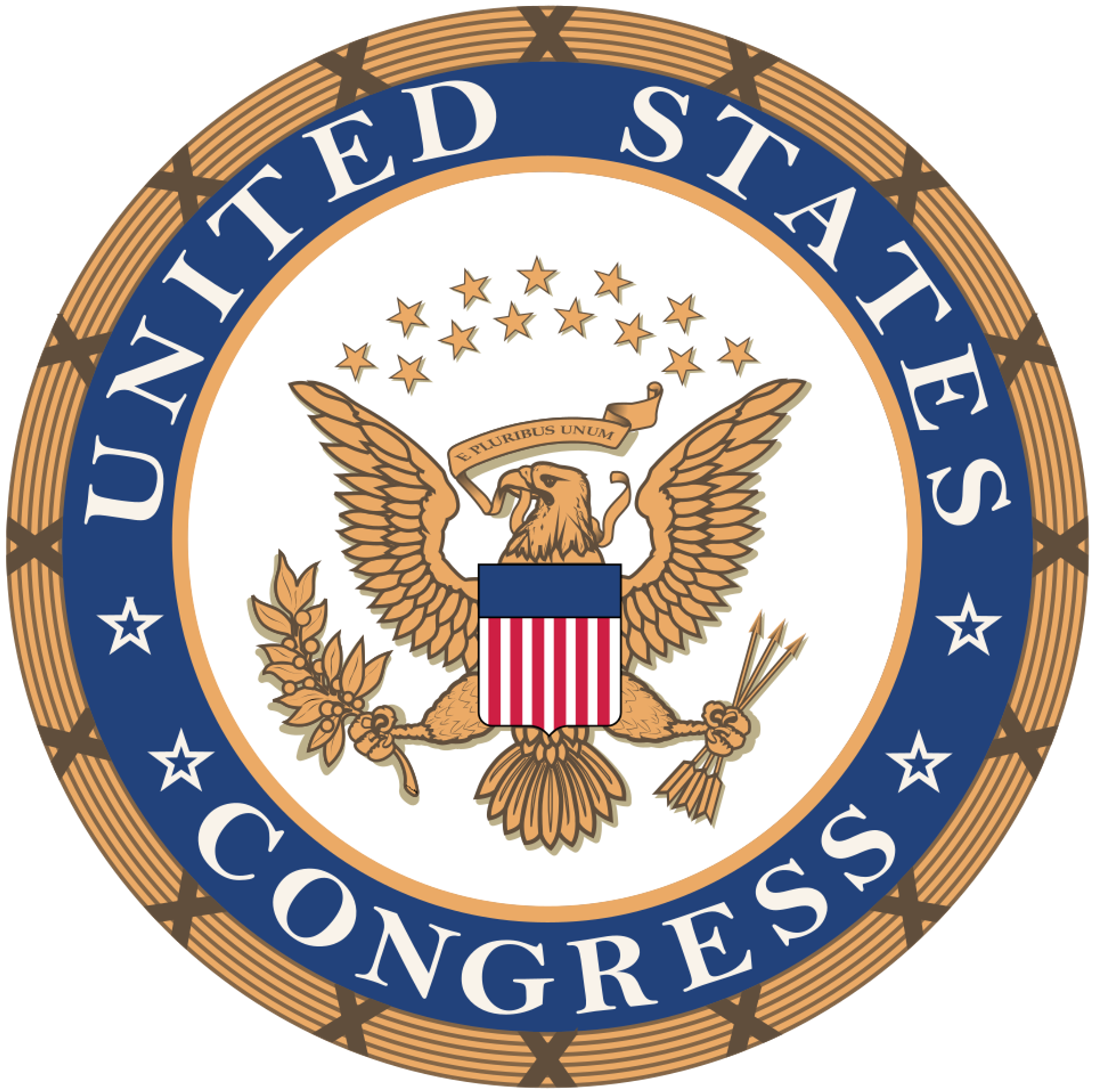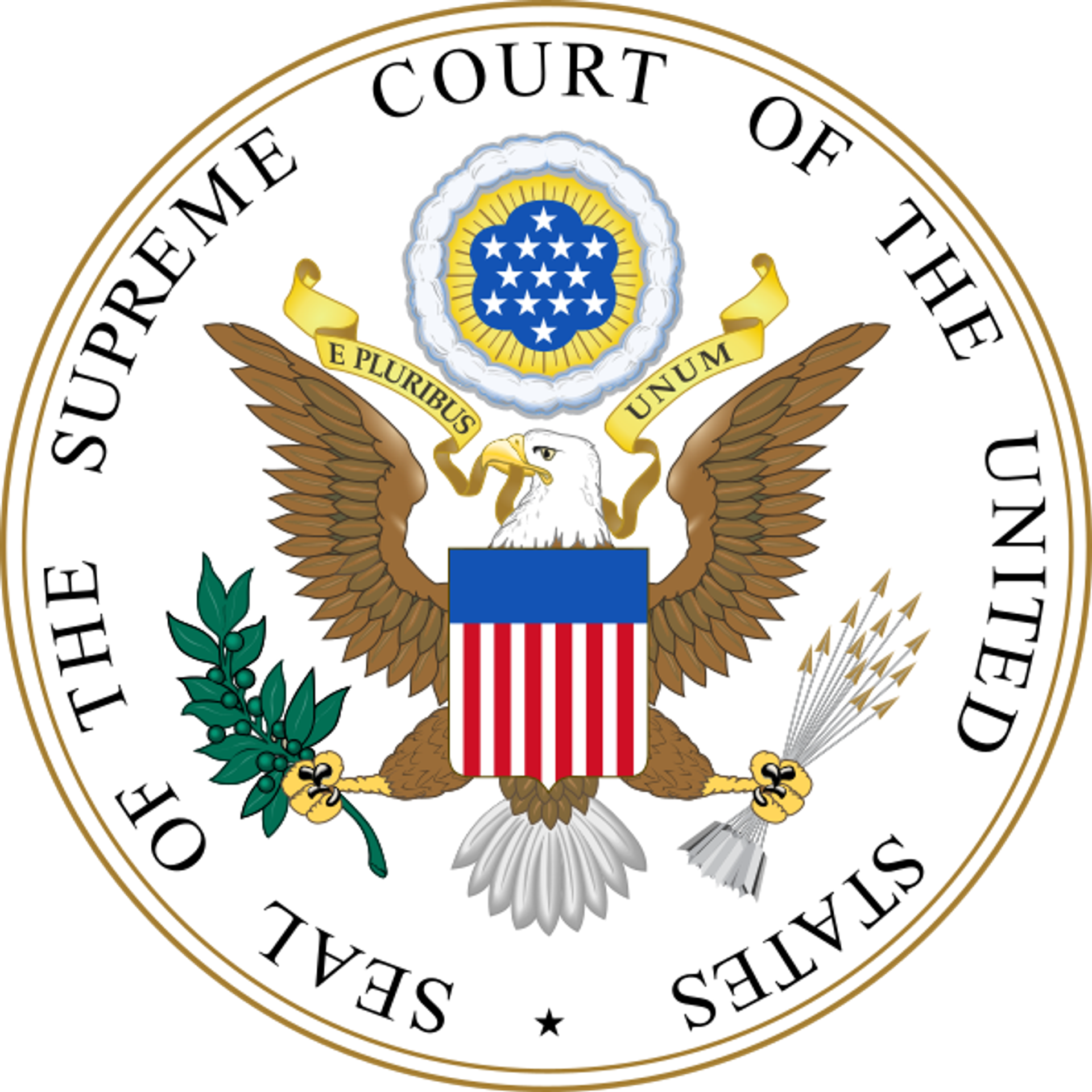
United States Postal Service
What do people say about United States Postal Service?
The United States Postal Service is viewed with increasing skepticism, primarily due to ongoing financial struggles and inefficiencies in service delivery. Many citizens express frustration over delays and the perceived lack of modernization, which contrasts sharply with private carriers. Additionally, there is a growing discourse about the agency's role and relevance in an increasingly digital world. However, some segments of the population still value its unique position in providing universal postal services, especially in rural areas where alternatives are scarce. Overall, the USPS's image is marred by criticism and calls for reform, overshadowing its essential service role.
Where are the conversations happening?
Discussions around the USPS are critical across various channels, particularly in news outlets focusing on economic issues and public service effectiveness. Media sources such as CNN and The Washington Post have highlighted concerns about the USPS's financial health and operational challenges, while local news often showcases individual stories of service failures. The most critical discussions appear in forums that debate the agency's future and potential reforms, indicating a lack of public trust in its management.
What are the topics trending around United States Postal Service?
Emerging discussions around postal service reforms, digital communication impacts, and the future of mail delivery services are trending, with significant public interest in how the USPS can adapt to modern needs.
Why are these topics trending?
The trends are driven by the USPS's financial challenges and evolving consumer habits, prompting debates on its operational viability and the necessity for modernization in the face of declining mail volumes.
How is United States Postal Service being talked about?
Detailed breakdown of public sentiment and conversations about this entity.
Impact vs Sentiment
See how each entity's high impact percentage relates to their positive sentiment percentage from actual mentions.




